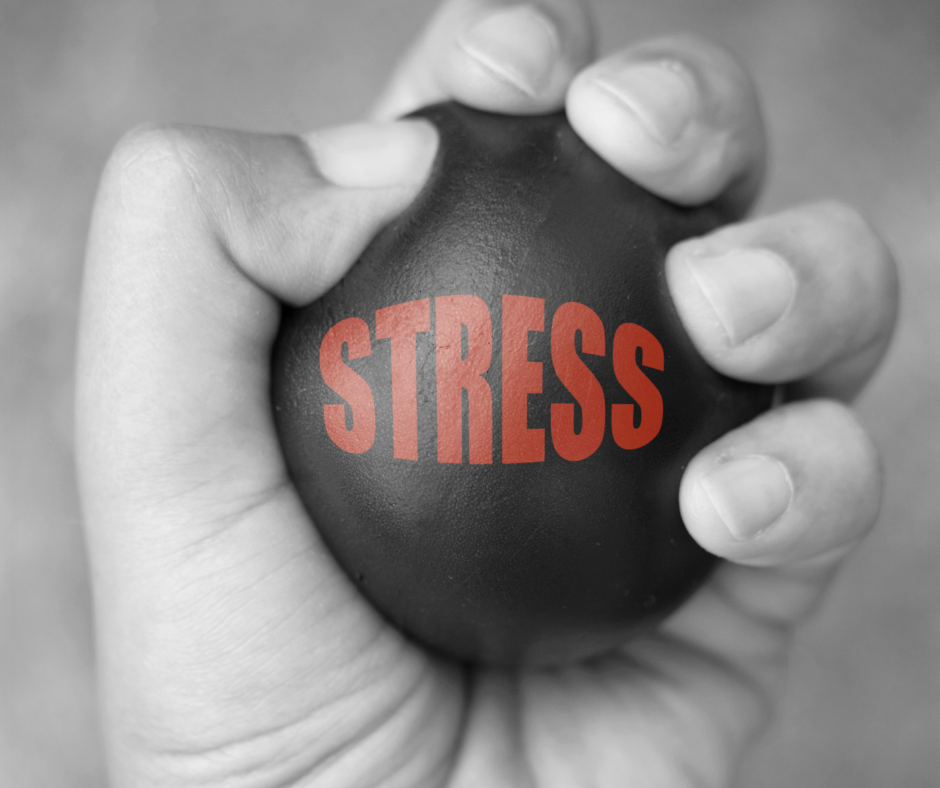College Athletes: The Stress You Carry
Becoming a college athlete is the ultimate dream come true. It is a huge milestone that signifies your talent, dedication, and advancement into a career or continued athletic career. It is a truly great experience but being a college athlete is always bigger than the sport itself. Young adults step into a new world both exciting and frightening. This transition demands athletes to be their best in the game, in the classroom, and in this new world. Not to mention the added changes and disruption Covid has caused. Stress in situations like this can become more prevalent and harder to manage.
The Stress You Carry
I like to explain stress to college athletes as the weight they carry around in their backpacks or athletic bags. I sure remember taking multiple bags with me everywhere on campus. In those bags, we have things we put in and take out as needed. Other things stay in there, we never seem to be able to take it out, or maybe we even overlook a few things that don't seem significant. We take those things with us everywhere, to the gym, stadium, classroom, and home. We can even continue to cram the bag, trying to pile more things and hold it together. At some point, that bag cannot hold anymore and starts to break. Like that bag, we are only able to hold so much for so long. If we don't unpack the stress, or have the means to cope with it, our body and mind suffer.
College Athletes and Stress.
How Stress Shows Up.
Cognitive signs:
Worrying or negative thoughts. (What if I don't play well, or I don't even care anymore).
Trouble making decisions or concentrating. (Coach may say you are making a lot of mental errors).
Difficulty remembering or recalling information. (Remembering plays, or forgetting normally easy information ).
Emotional signs:
Easily agitated, or angered.
Feeling anxious, sad, or depressed.
Lower self-esteem, confidence, or motivation. (May feel like you want to quit, or can't keep up with school).
Quicker to respond emotionally to errors or mistakes. (Crying easily or people might say they've never seen you react like that).
Physical signs:
Feeling exhausted and fatigued beyond workouts and schoolwork.
Increased muscle tension, tightness.
Stomach pain, cramping, or sick/nausea feeling.
Headaches or tension in or around the head.
Unable to eat as much or over-eating.
Sick more often than normal or injured/in pain more.
Behavioral signs:
A decline in performance (Doing uncharacteristic things in-game/practice).
A decline in other areas of performance like school or work.
Sleep disturbance.
Increased conflicts with teammates, coaches, and/or officials.
Withdrawal from normal activities, or poor engagement in practice/games.
Behavioral outbursts like throwing equipment, clenching hands, teeth, or other.
Top Stressors Reported by College Athletes.
Higher level of competition! The need to perform higher and more consistently than ever before. More demand on their body and mind.
Schoolwork! Heavy class loads, the time needed to complete work, and difficulty increased. Many feel like they are constantly drowning in homework.
Time in general! Athletes wake up work out, go to class, go to athletic trainers, find time to eat, go back to practice, do homework, and travel most weekends. They give up sleep to make more time. Terrible for functioning and recovery they need.
What about our personal life!? These athletes miss home, have relationships, possibly are not on full scholarships, need to work, or are surviving on very little. Unable to sleep or sleeping more than usual)…
